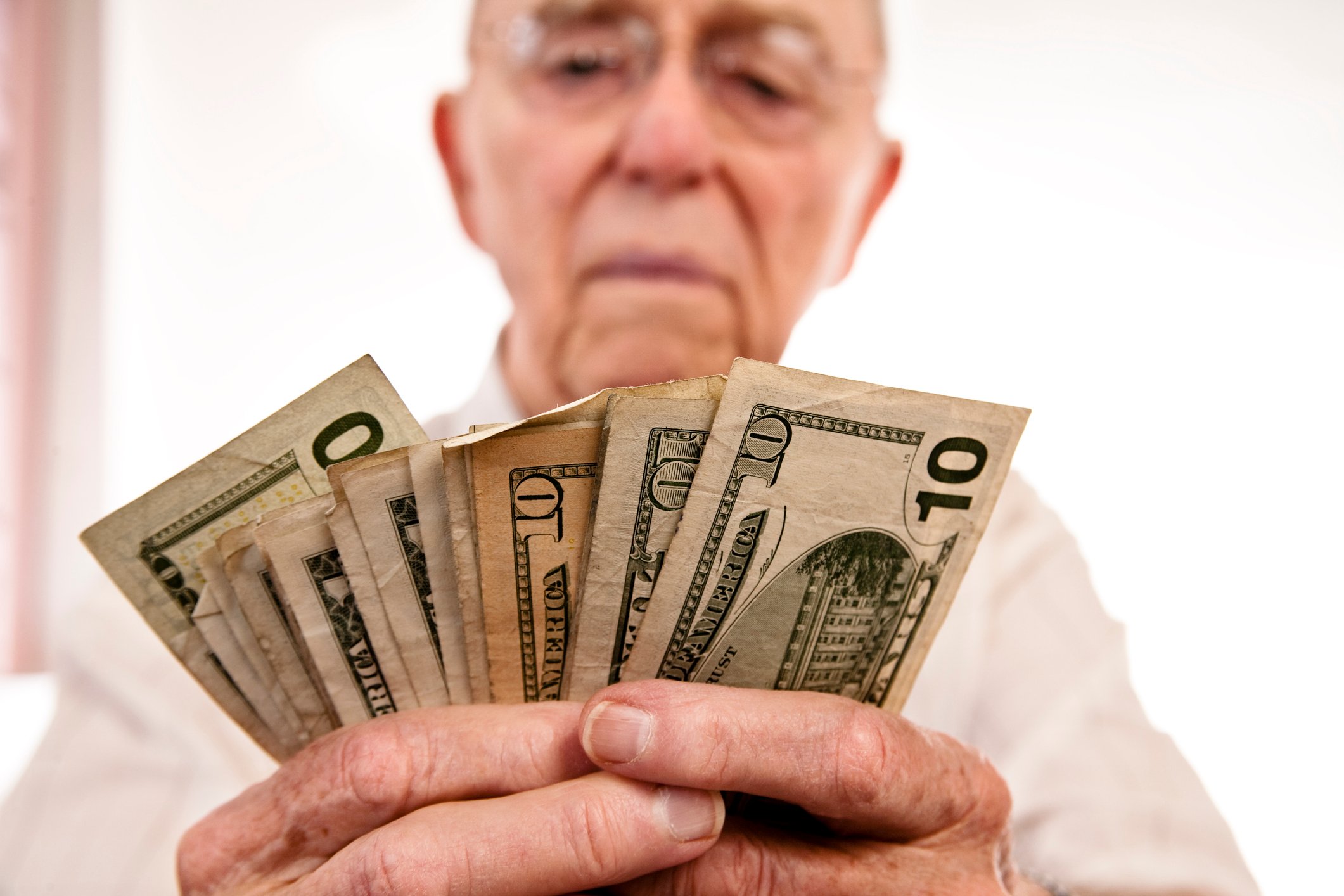COVID-19 has been hurting the U.S. economy since cases started multiplying rapidly in March. Since then, millions of Americans have lost their jobs, while countless businesses have had to close their doors, perhaps for good.
Thankfully, Americans are getting some relief. In late March, the CARES (Coronavirus Aid, Relief, and Economic Security) Act was signed into law, and with it came a host of provisions designed to help people get through this very dark time. Perhaps the most talked-about feature of the CARES Act is its $1,200 stimulus payment -- a payment that's already started hitting Americans' bank accounts.

IMAGE SOURCE: GETTY IMAGES.
Single tax filers with an adjusted gross income of $75,000 or less can receive a $1,200 stimulus payment in full, but past that point, it starts to phase out. Married couples filing jointly will get a full stimulus payment provided their adjusted gross income is $150,000 or less. And there's an extra $500 on the table per child under the age of 17.
If you're sitting on your stimulus money, or expect to receive it in the not-so-distant future, it's imperative that you put it to good use. Here are just some of the things you might do with your stimulus if you don't need that cash to pay for basics, like food and household supplies.
1. Build or boost an emergency fund
The COVID-19 crisis has already resulted in widespread job loss, and we don't know if things will get worse before they get better. As such, it's important to have a healthy savings cushion so that if your job lands on the chopping block, you have a means of paying your bills. Ideally, you should aim to have three to six months' worth of living expenses tucked away in savings, so if you're not there yet, use your stimulus to get closer to that goal.
2. Pay off costly debt
If you're carrying a credit card balance, the sooner you pay it off, the less it will cost you in accrued interest. If you're good on emergency savings, consider using some of that money to knock out credit card debt. Doing so may, incidentally, help boost your credit score as well.
3. Pad your retirement savings
There's lucrative tax savings to be reaped when you save for retirement in an IRA or 401(k). If you're not already maxing out your contributions, think about using your stimulus money to fund your retirement plan. If you invest that $1,200 at an average annual 7% return (a reasonable assumption for a stock-heavy portfolio) and you're 35 years away from retirement, you'll ultimately boost your nest egg by nearly $13,000.
4. Buy the right insurance
If you've skimped on your life insurance, homeowners insurance, or health insurance in the past, now's your opportunity to lock in better coverage. You may not be eligible to change your health plan right now, but if that's the case, hang onto that money so you have more options when your next enrollment window opens. And if you don't have life insurance in place, prioritize it -- especially if you have a spouse and kids.
5. Invest in your career
Being stuck at home means you may have an opportunity to spend more time focusing on your career -- so why not invest in the tools needed to further it? Take a class to broaden your horizons, or pay for a course that teaches you a skill you're lacking. You might even choose to upgrade your laptop so you can work more efficiently.
6. Be charitable
Giving away a $1,200 check is a big ask. But if you don't need that money, you might consider using some of it to help those less fortunate. Support a charity whose work you admire, or help a local food bank stock up on supplies. Donate a meal to healthcare workers in your area, or give an out-of-work friend a no-interest loan. There are so many ways you can give back, and doing so will give you something to feel good about.
Many Americans need their stimulus cash to pay their immediate bills. If you're not one of them, be strategic with that money. After all, it's not every day that $1,200 lands in your lap, and while the circumstances leading up to that payment are, of course, unfortunate, you should still take the opportunity to make the most of that windfall.





